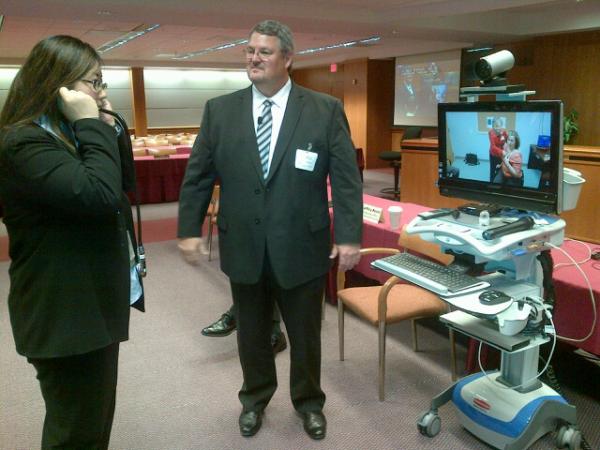WISENET (Women in ICTs Shared Excellence Network) is the International Bureau’s convening platform that aims to leverage the experience, resources and connections of the international Information and Communications Technology (ICT) community to better the situation of women, their communities and their countries. As part of this work, the FCC has invited prominent women and men in technology from around the world to post blogs sharing their experiences.

I love data. I love collecting it, playing with it, and using it for decision making. My firm, Sonjara, builds custom data applications for non-profits, academic institutions and governments, so we know a lot about how valuable data is, and the challenges of collecting and maintaining it.
“Without data, there is no visibility; without visibility, there is no priority.”[1] In a world of "big data", where more and more data is needed for decision-making, no data – or data locked in a PDF document – means an issue with no visibility.
This is a serious problem in the intersecting fields of gender equality and information and communication technology policy. Those of us working in both fields see massive gender disparity in the use and access to ICT. However, the only evidence to date of this disparity exists anecdotally and in small case studies and data sets. Without a larger data set as evidence, it is difficult to prove the importance of incorporating a gender component into ICT for development activities. There are two things we can do to improve this situation:
Read more »








